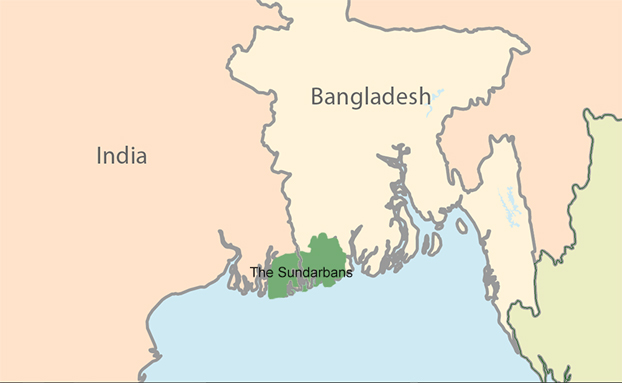Rapid Fire Current Affairs | 21 Jul 2023
Advancing Aviation Sector in India
Ministry of Civil Aviation (MoCA) investing Rs. 98,000 crore (2019-2024) in airport infrastructure to meet growing air traffic demands.
- Safety oversight is ensured through regular surveillance and audits by the Directorate General of Civil Aviation (DGCA).
- Emphasis on sustainable aviation, encouraging carbon neutrality and adoption of green energy at airports.
- The MoCA is committed to achieving Sustainable Aviation in collaboration with the International Civil Aviation Organization (ICAO), following the principles and provisions of the United Nations Framework Convention on Climate Change (UNFCCC).
- MoCA strives to achieve the same under the National Civil Aviation Policy 2016, which aims to limit CO2 emissions in Indian aviation.
Positive Impact of Centre's Mandated Health Spending
The Study in Public Health for All journal reveals the positive impact of the Centre's mandated spending on health through the National Health Mission (NHM) over 15 years.
- NHM linked funding to compliance with the Central government's schemes, encouraging States to invest more in primary health care.
- Increased allocation in States' health budgets due to NHM's conditional allocation.
- Target of 8% of the total State budget for health remains unachieved.
- NHM's efforts contributed to a decline in infant mortality rate and reduced disparities in per capita public spending across States.
- Study recommends States develop concrete plans for primary health care delivery.
- Urges Centre to establish a National Database of Health System Cost to estimate comprehensive primary health care expenses.
- Realistic cost estimates for delivering healthcare and assessing cost-per-year of quality-adjusted life year (QALY) gained through primary healthcare interventions are crucial for progress.
Read more: National Health Mission (NHM)
India Bans Non-Basmati White Rice Exports to Stabilize Domestic Market
The Indian government has imposed an immediate ban on the export of non-basmati white rice, except for certain ongoing shipments.
- This variety of rice had accounted for 25% of the total rice exports from the country.
- This step was taken in response to the 11.5% increase in domestic rice prices in 2022 and a subsequent 35% surge in exports of this rice variety during 2022-23.
- The Ministry attributed this surge in exports to various factors, including high international prices driven by geopolitical scenarios, El Nino influences, and extreme climatic conditions in other rice-producing countries.
- The ban aims to stabilize the domestic market and ensure adequate availability of non-basmati white rice for Indian consumers, while export policies for basmati rice and non-basmati parboiled rice remain unchanged.
Read more: Basmat Rice, El Nino, Extreme climatic conditions
Barges Navigating Sundarbans Allegedly Trigger Erosion and Disrupt Siltation
The Sundarbans, a fragile ecosystem comprising around 100 islands shared by humans and wildlife, is facing threats as allegations arise that barges transporting fly ash from Indian power plants to Bangladesh are causing erosion along river banks.
- While the Inland Waterways Authority of India refutes the claims, locals report increased erosion near inhabited islands.
- Balancing economic interests and conservation becomes crucial, prompting authorities to assess the impact of barge traffic on the Sundarbans' unique environment and protect it for the future.
Read more: Sundarbans, Inland Waterways Authority of India, Fly ash

